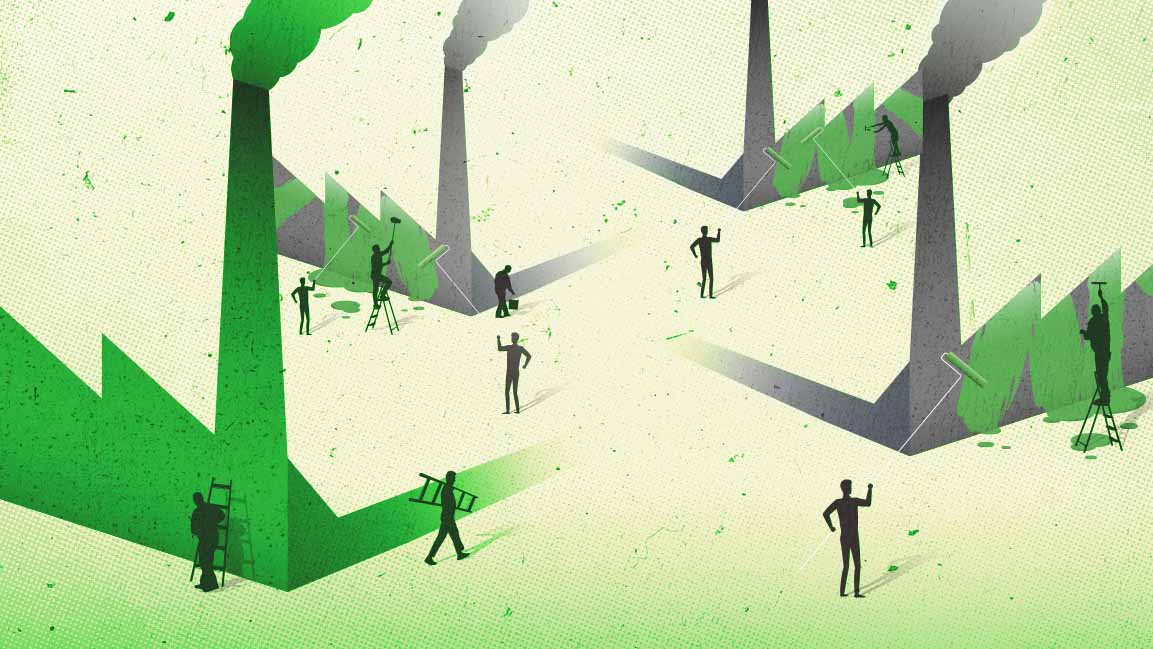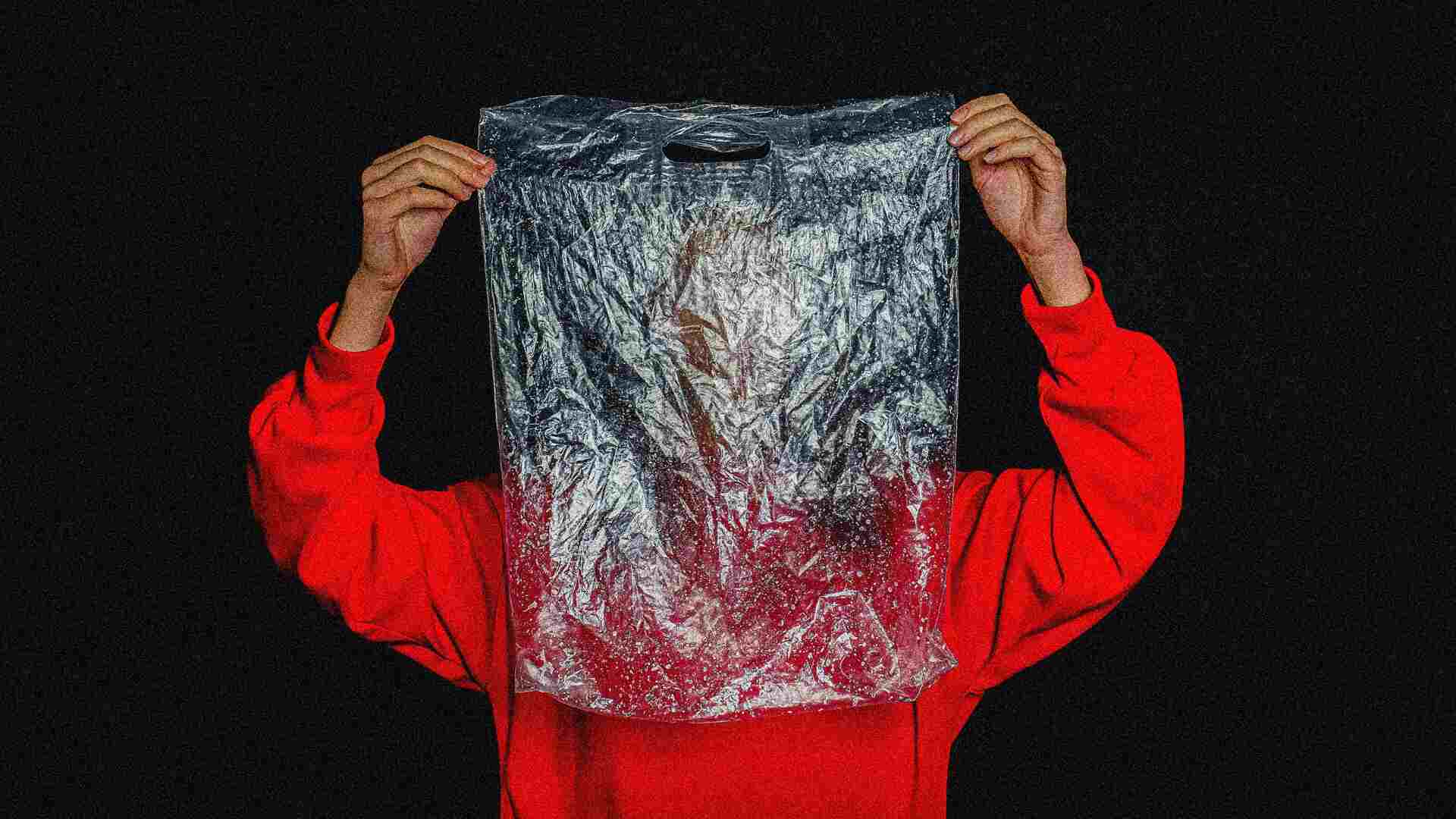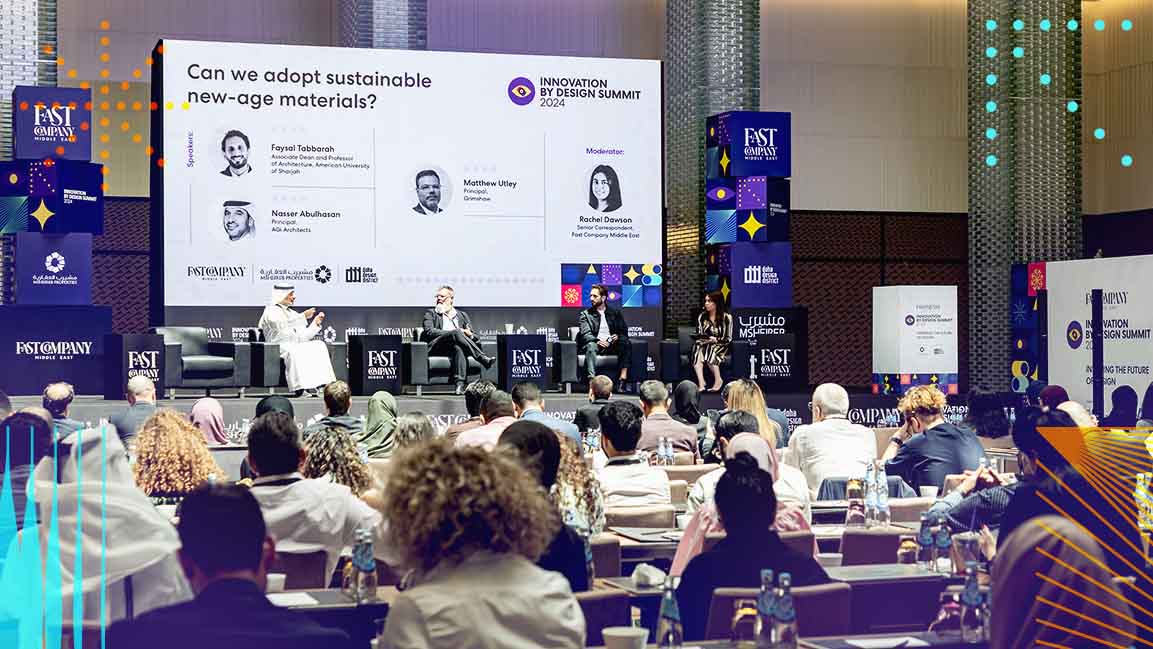- | 8:00 am
Chasing sustainability is the wrong goal. These ‘regenerative’ businesses are moving beyond the status quo
Research from the author of ‘Working to Restore’ surfaced businesses that go beyond sustainability to have layers of impact.

Regenerative businesses are becoming more and more mainstream. We see brands popping up across industries—apparel, footwear, food, travel, health, finance—that are thinking deeply about their impact on the planet and communities.
Yet, while it’s becoming more recognized and written about, it’s still an investment for the long haul and requires a visionary entrepreneur to take charge.
Through my extensive research, looking at the work of more than two dozen companies and traveling to more than 20 countries to meet with business owners and founders for my book, Working to Restore, I’ve discovered a desire to go beyond sustainability and instead build a regenerative business that has layers of impact. Remember, to regenerate means to bring life into something; to sustain means to keep the status quo. These businesses want to do the former.
Here are some examples of regenerative companies in the categories that we consume regularly: food and fashion. And yes, I’m aware that one of the biggest criticisms of regenerative businesses has been that they’re often expensive. While I completely recognize that some of their products are on the pricey side, companies are trying to make their products more affordable. But we need to rethink the price that allows for low-cost, bottom-of-the-barrel consumption.
INVESTING IN MANUFACTURING AND PEOPLE VS. MARKETING
Footwear brand Veja is well-known for its stylish organic cotton shoes that use Amazonian rubber. Cofounders Sébastien Kopp and François-Ghislain Morillion wanted to address one major issue in fashion: that more money is spent on marketing, and less money and resources are spent on manufacturing. Solution: Let’s flip that equation.
They decided they would forgo large marketing budgets (or any marketing budget, frankly) and instead put that money into manufacturing—a pretty wild idea for a sneaker brand since most fashion brands rely on marketing dollars to bring in sales.
Thus, they use organic cotton (and now regenerative organic), wild Amazonian rubber that helps keep trees in the ground and incentivizes rubber tappers (rather than going into cattle farming or timber, industries that would remove trees from the Amazon), and manufactures the shoes in Porto Alegre, Brazil, where pay is higher and workplace standards are upheld. It doesn’t stop there.
Veja’s shoes are then shipped by sea to Paris where the company works with a nonprofit to manage fulfillment because the nonprofit employs individuals who have been classified as “unemployable” by society.
It’s layer upon layer of impact built into a fashion supply chain that prioritizes regenerating the environment it sources from and looking after the people it works with.
So yes, Vejas start at $135. However, it’s worth knowing that it costs Veja four to seven times more to manufacture its shoes. And much of that is going toward making the shoe, not marketing it.
REDUCING PLASTIC AND PRIORITIZING AFFORDABILITY
California-based Terra Thread focuses on selling backpacks. When founder Vizan Giri started looking at the landscape of backpacks, she found that most were made with polyester or synthetic materials. There were no affordable brands using ethical materials and practices.
Solution: Use only organic cotton and Fair Trade Certified factories, cut down on markups, and price the product in line with competitors. Terra Thread could make unconventional choices by self-funding the business rather than taking on investor capital.
Giri had spent time with her father, Vikrant, visiting organic cotton growers in India for their parent company, Gallant International. She didn’t like seeing the waste these backpacks created. Many are dumped after a few years of use, especially as kids get older and outgrow them.
So in 2017, she cofounded Terra Thread, which uses only organic cotton in its bags, accessories, totes, and pouches. But she didn’t stop at the materials. Giri worked to source from organic cotton co-ops in India, where farmers had a voice. In addition, her company helped cover the costs of organic cotton seeds for the farmers at the beginning of each season. Then, she collaborated with Fair Trade Certified factories to manufacture bags and decided to donate a portion of sales with each bag to Feeding America.
Here’s the kicker. She wanted to keep competitive prices so that her products would be accessible to American families. As an immigrant to the U.S. and a price-conscious consumer, she was well aware that sustainable brands were beyond the reach of young people.
Terra Thread has since helped provide more than 2.9 million bags through Feeding America and donated upwards of $100,000 through Fair Trade premiums.
FINANCING AND TRAINING FUTURE FARMERS
Coffee might be the first thing you think about every morning. And yet, what are the true costs of growing coffee with people and planet in mind? Coffee crops across the world are being affected by climate change. Fewer young people in coffee-producing countries want to take on family farms because they can make more money in cities, and perhaps do less labor-intensive work.
Konrad Brits, CEO of Falcon Coffees, notes that coffee is farmed by very vulnerable communities in and around extremely sensitive ecosystems. Thus, social and environmental issues are interconnected. Brits decided to support farmer groups, providing training and financial backing in hopes of long-term success.
The results in Peru and Ethiopia, where Falcon has implemented these projects, are a significant rise in household income due to improved quality of the beans and higher yields. Falcon buys coffee directly from these farming communities, ensuring that the premiums earned for a better product reach the farmers, not a middleman.
Recently, Falcon hired scientist and agroecologist Mandi Caudill to build a model that measures emissions in coffee supply chains and lead collaborative projects involving reforestation and biodiversity protection. In a world where “easy win” goal-setting is the norm, Brits took a different approach with a desire to understand the problem fully before diving in and making claims.
RETHINKING WASTE AS COST SAVINGS
More than a decade ago, serial social entrepreneur Rob Wilson and food waste activist Tristram Stuart saw that bread was wasted while making ready-to-eat sandwiches in the U.K. They thought, Why not repurpose that bread into beer?
In 2015, they started Toast, a beer brand focused on reducing food waste, which Stuart argues contributes to climate change. The U.N. Environmental Program estimates that 8% to 10% of greenhouse gas emissions are connected to food waste.
Stuart and Wilson replaced 25% of the malted barley typically used in beers with surplus bread, which is significantly less expensive. This resulted in keeping manufacturing costs manageable and Toast’s beers priced on par with any other craft beer on the market. Thus, the consumer doesn’t have to pay a premium for making a more eco-conscious choice.
The impact doesn’t stop there: They’ve also decided to donate 100% of their profits to Feedback, a charity devoted to food waste. To date, they’ve donated more than $120,000 and “saved” more than 3 million slices of bread. It’s what Wilson calls a “win-win-win.”








































